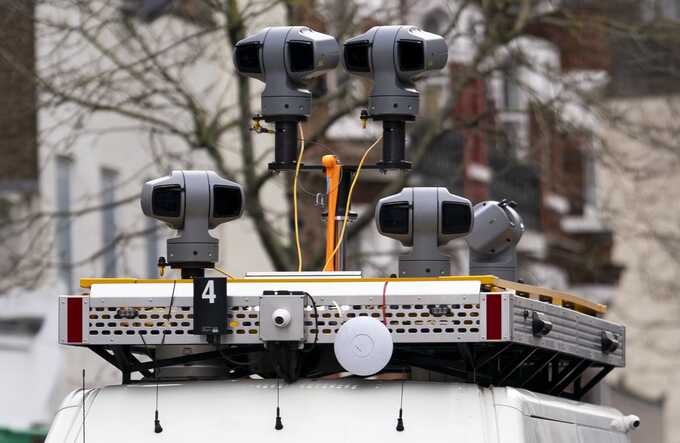Starmer plan to expand facial recognition technology after far-right riots condemned by charities

Charities and human rights organisations have called on Sir Keir Starmer to reverse a planned expansion of the use of facial recognition technology following far-right riots across England and Northern Ireland.
Amnesty International, Privacy International and Big Brother Watch are among the 27 campaign groups that have signed a letter to the prime minister to voice their “serious concerns” over facial recognition surveillance.
In a speech following the Southport riot on 1 August, Sir Keir spoke of a national team across police forces that would tackle violent disorder with beefed-up resources.
These included shared intelligence, wider deployment of facial recognition technology and use of criminal behaviour orders to restrict people’s movements.
In their letter, the human rights organisations backed Sir Keir to take “robust action to stop the violence, protect our communities and bring those responsible for this criminal behaviour to justice”, but said they were worried about the increased use of facial recognition technology and how this could also impact the communities they represent.
They quoted issues with accuracy, bias and discrimination. The letter raised the case of an anti-knife crime campaigner Shaun Thompson who was misidentified by facial recognition and subject to wrongful police questioning.
He is now bringing a legal challenge against the Metropolitan Police over the mistake.
The Metropolitan Police, South Wales and Northamptonshire Police have all used live facial recognition, which scans large crowds and compares their images to a specific list of people wanted by the police.
Police forces have defended the use of the technology saying that it does what police have always done but more quickly and with greater accuracy.
However, the European Parliament has recently restricted the use of live technology to search for victims, the prevention of a specific and present terrorist threat, and the hunt for suspects of particular serious crimes such as kidnapping, murder or armed robbery.
In their letter to Sir Keir, rights campaigners added: “Should UK police forces expand the use of live facial recognition under your leadership, it would make our country an outlier in the democratic world.”
They also said that the “law governing authorities’ use of facial biometrics is wholly inadequate”.

The Metropolitan Police deploying the use of live facial recognition technology in Croydon, south London in February 2024 (PA)
The letter continued: “In times of crisis, upholding the rule of law is paramount – however, live facial recognition operates in a legal and democratic vacuum, and it is our view that its use for public surveillance is not compatible with the European Convention on Human Rights.”
They added: “We join you in condemning the racist, violent and disorderly scenes across the country. However, to rush in the use of technology which has a seriously negative bearing on our rights and freedoms would not only fail to address the causes of this dangerous violence – but set a chilling precedent.”
Human rights groups Inquest, Migrants’ Rights Network, Praxis, Index on Censorship, Justice and others supported the letter.
Approached for comment, the Home Office pointed back to the prime minister’s speech.
Read more similar news:
Comments:
comments powered by Disqus
































